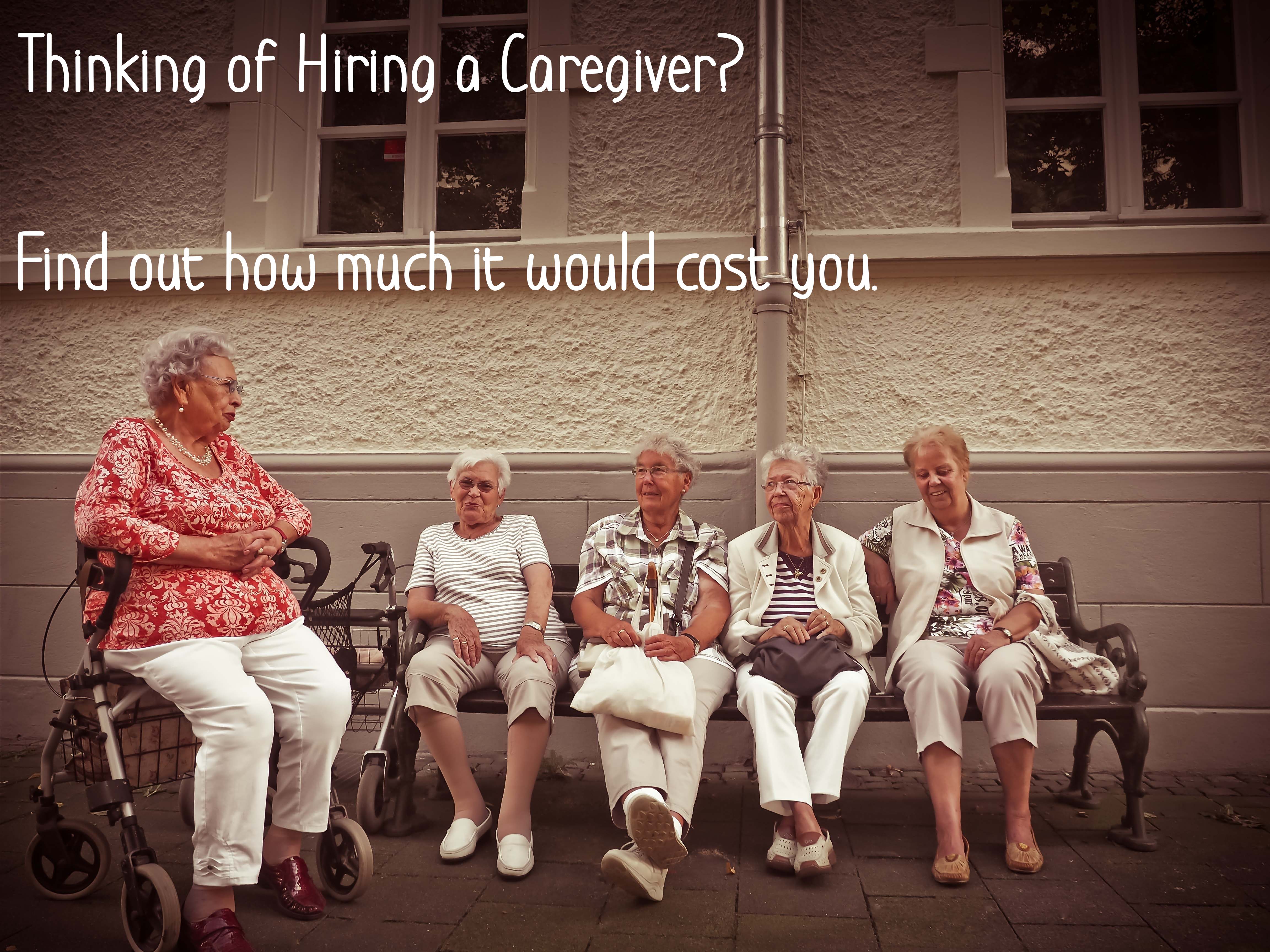Pets Can Help Physically and Psychologically
Sure, pets provide companionship and unconditional love. But research has shown that they can also help reduce stress and blood pressure in owners, increase longevity in those who’ve had heart attacks, and even relax and improve the appetites of Alzheimer’s patients. “Any disease condition that has a stress-related component to it, we believe pets could ameliorate stress and moderate the situation,” says biologist Erika Friedmann, a professor at the University of Maryland School of Nursing. “It’s providing a focus of attention that’s outside of someone’s self. They’re actually letting you focus on them rather than focusing inward on yourself all the time.”
Many four-legged pets, especially dogs, can also get owners off the couch. “They’re there to greet you when you come home at the end of the day, and they’re ready for some play and attention,” says veterinarian Scott Line, associate editor of the “Merck/Merial Manual for Pet Health.” “They need to exercise, so it propels people out the door.” These walks also force pet owners to socialize instead of sitting around feeling sorry for themselves, which can help improve their mood. “It gives people a routine, a thing to do. You have to get up and take care of the dog. You can’t lie in bed all day,” says Friedmann.
Those walks can also help owners stick to a regular exercise routine and slim down. Rebecca Johnson, director of the Research Center for Human Animal Interaction at the University of Missouri’s College of Veterinary Medicine, has been studying 18-to-87-year-olds in the “Walk a Hound, Lose a Pound” program in Columbia, Mo., in which participants take shelter dogs for a walk each Saturday morning. “They lost weight, they felt great, and they were doing something wonderful,” Johnson says.
Pets can help prevent loneliness, too. Indeed, the AVMA survey found that nearly half of respondents considered their pets to be companions; only about 2 percent considered them to be property. “The human-animal bond is becoming increasingly strong in our society,” says veterinarian and veterinary surgeon Kimberly May of the AVMA. In fact, Alan Beck, director of the Center for Human-Animal Bond at Purdue University, found in a study that 97 percent of people talk to their pets. “The other 3 percent lied,” he quips.
Click here for the rest of this article
Source: Newsweek.com
- Tags: Uncategorized
- Professional Medical














Comments 0